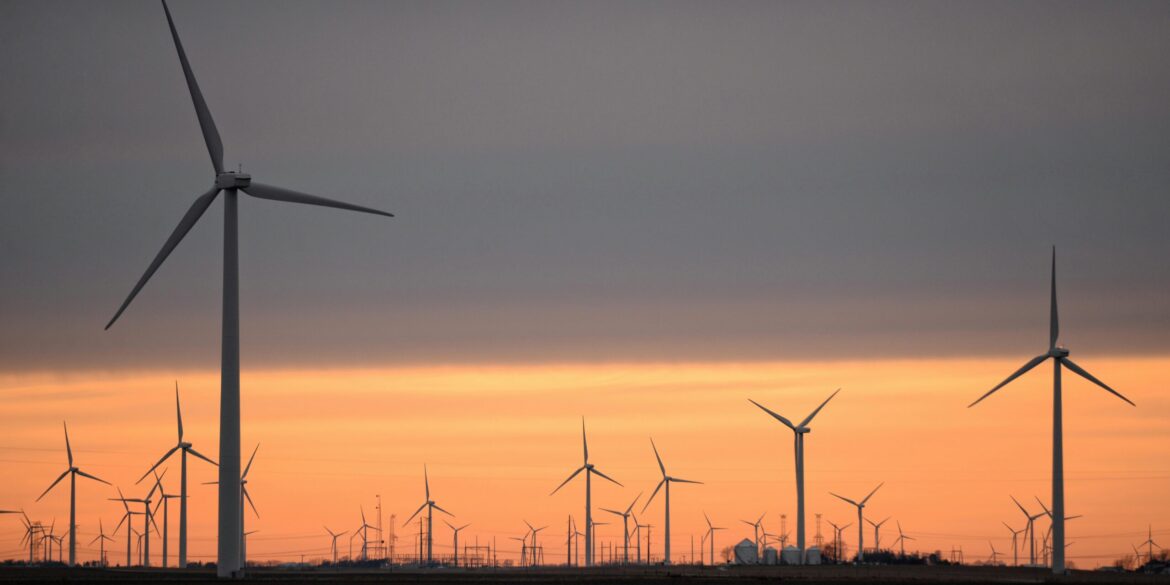President Donald Trump has signed into law a sweeping budget bill that significantly bolsters the fossil fuel industry while rolling back support for renewable energy initiatives. The legislation mandates expanded oil and gas drilling in Alaska’s Arctic National Wildlife Refuge (ANWR) and rescinds unspent Department of Energy (DOE) funds aimed at decarbonizing buildings and reducing methane emissions. Additionally, it curtails tax credits for energy-efficient home improvements and commercial developments, reflecting the administration’s focus on traditional energy sources and fiscal conservatism.
A central provision of the budget bill mandates four oil and gas lease sales in ANWR by 2032. This move revives a controversial initiative from Trump’s first term, which had previously failed to attract significant industry interest. The refuge, home to endangered species like polar bears and caribou, has long been a point of contention between energy developers and environmentalists.
In addition to ANWR, the bill opens up vast tracts of the National Petroleum Reserve–Alaska (NPR–A) for oil and gas development. Approximately 82% of the reserve, including ecologically sensitive areas, will be available for leasing. Critics warn that this expansion could irreversibly damage habitats and disrupt wildlife migration patterns.
The budget bill significantly reduces support for renewable energy initiatives. It rescinds unspent DOE grant funding allocated for programs aimed at decarbonizing buildings and reducing methane emissions. Tax credits for households seeking energy-efficient home improvements are now limited to projects completed by the end of 2025. Commercial developers must start construction by June 30, 2026, to qualify for energy efficiency credits.
These changes reflect the administration’s focus on promoting traditional energy sources and reducing government spending on renewable energy programs. The rollback of incentives for clean energy projects has raised concerns among industry stakeholders and environmental groups, who argue that it could hinder progress toward reducing greenhouse gas emissions and combating climate change.
The fossil fuel industry has largely welcomed the budget bill, viewing it as a means to enhance domestic energy production and reduce regulatory burdens. However, environmental organizations have expressed strong opposition, arguing that the legislation undermines efforts to transition to cleaner energy sources and protect vulnerable ecosystems.
The budget bill’s emphasis on fossil fuels over renewable energy aligns with President Trump’s broader “energy dominance” policy, which prioritizes traditional energy development to achieve energy independence and economic growth. While supporters argue that this approach strengthens national security and creates jobs, critics contend that it neglects the urgent need to address climate change and invest in sustainable energy solutions.
As the United States continues to navigate the complexities of energy policy, the implications of this budget bill will likely influence the nation’s environmental and economic landscape for years to come.

